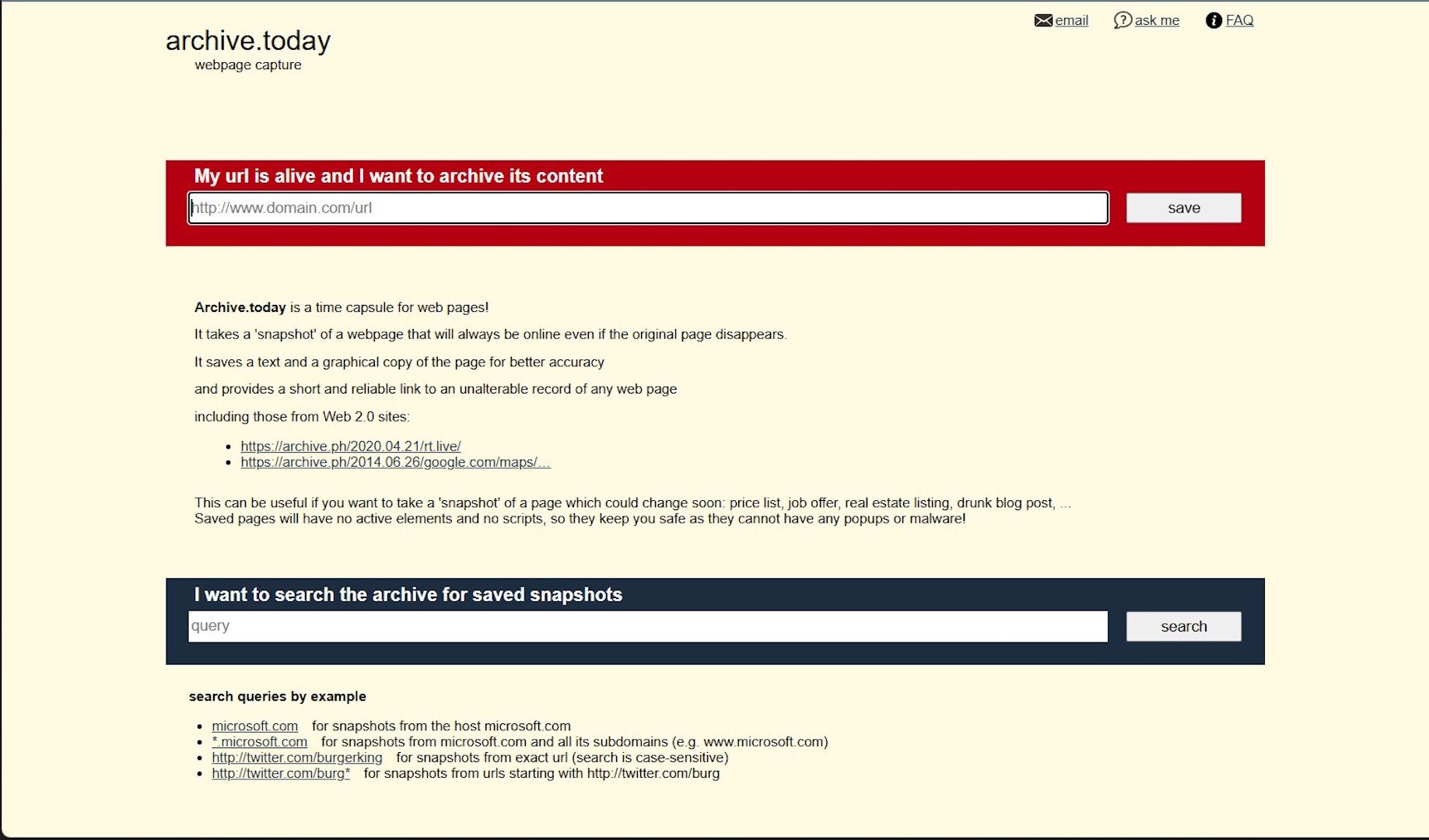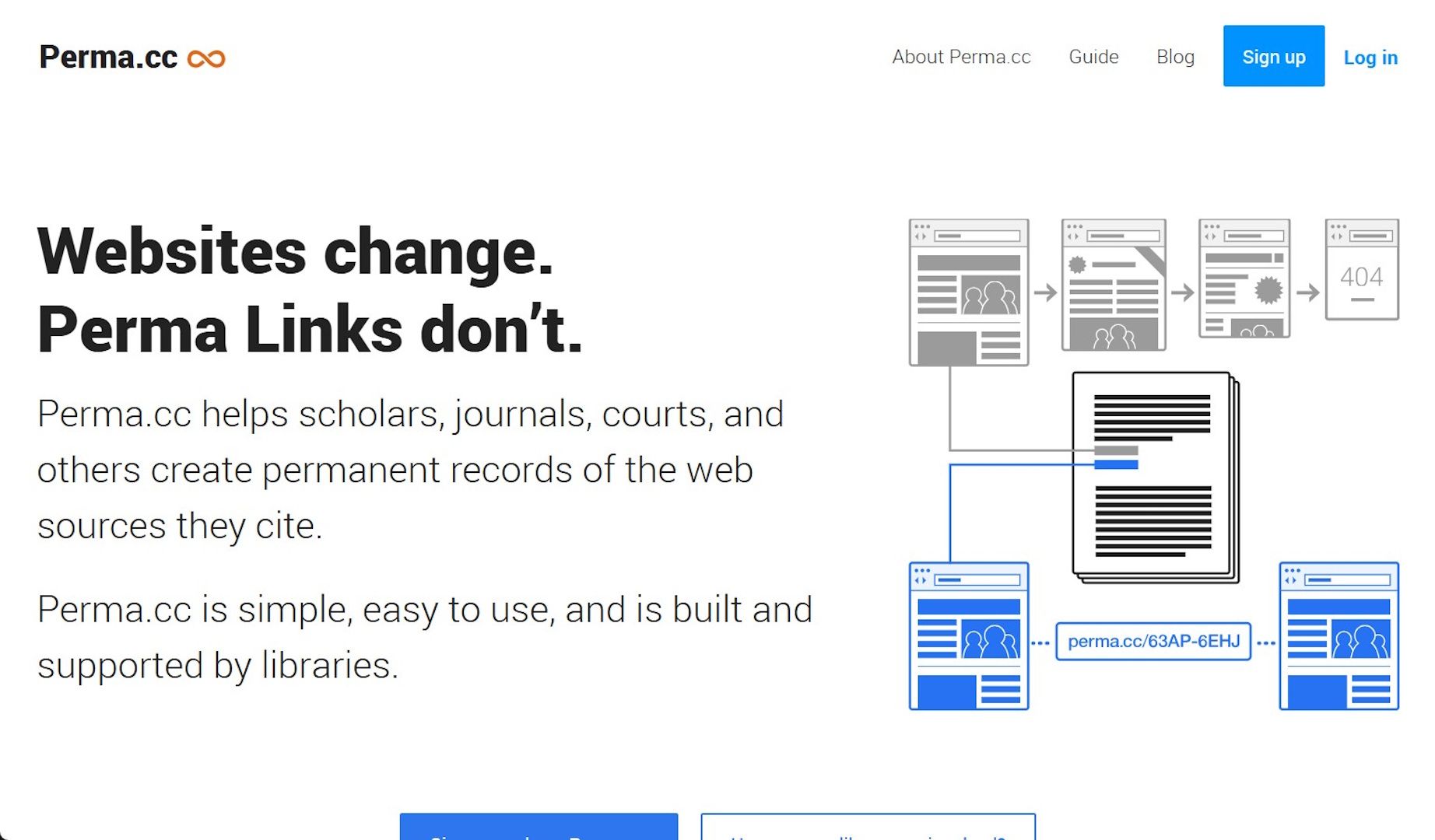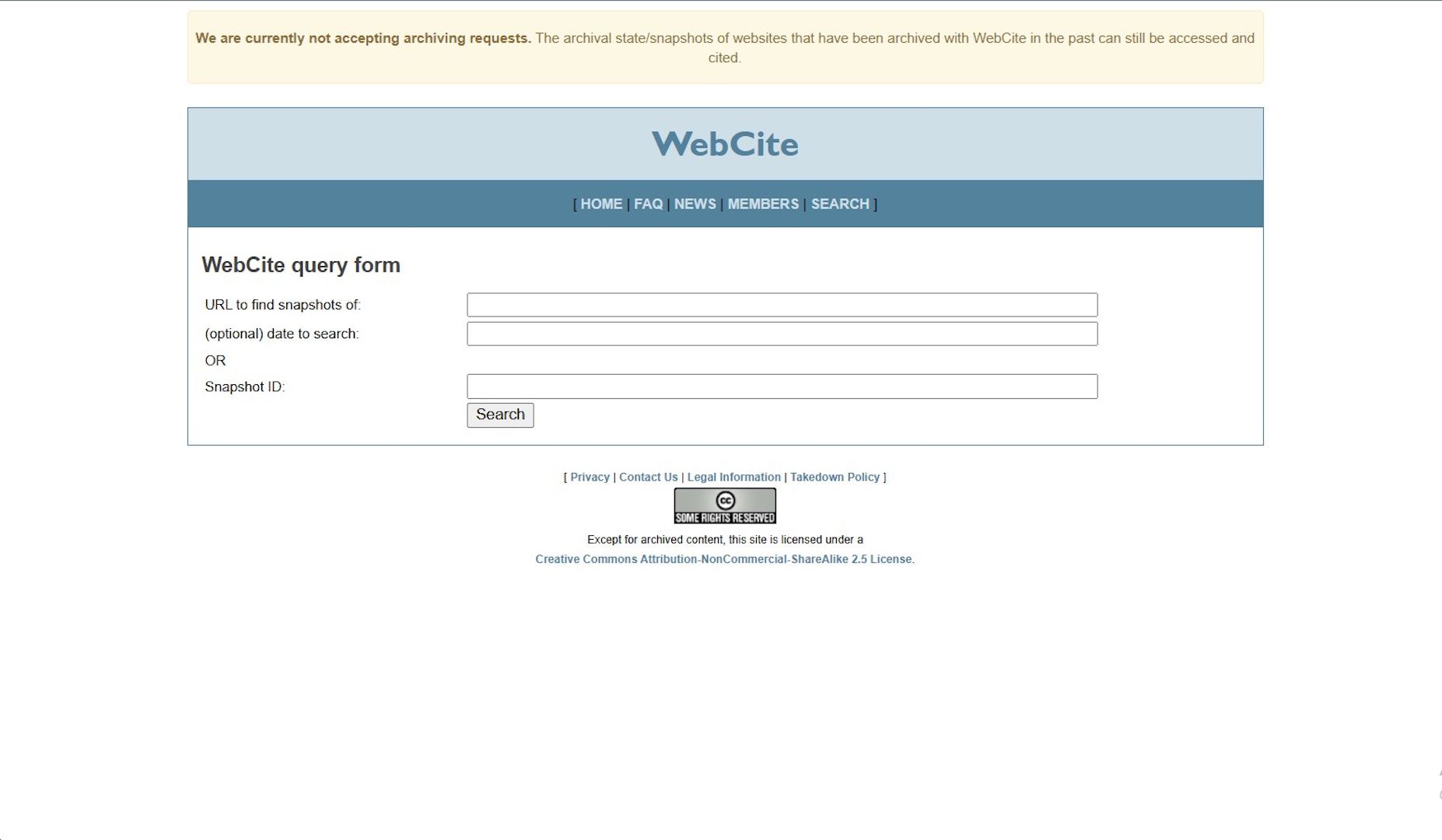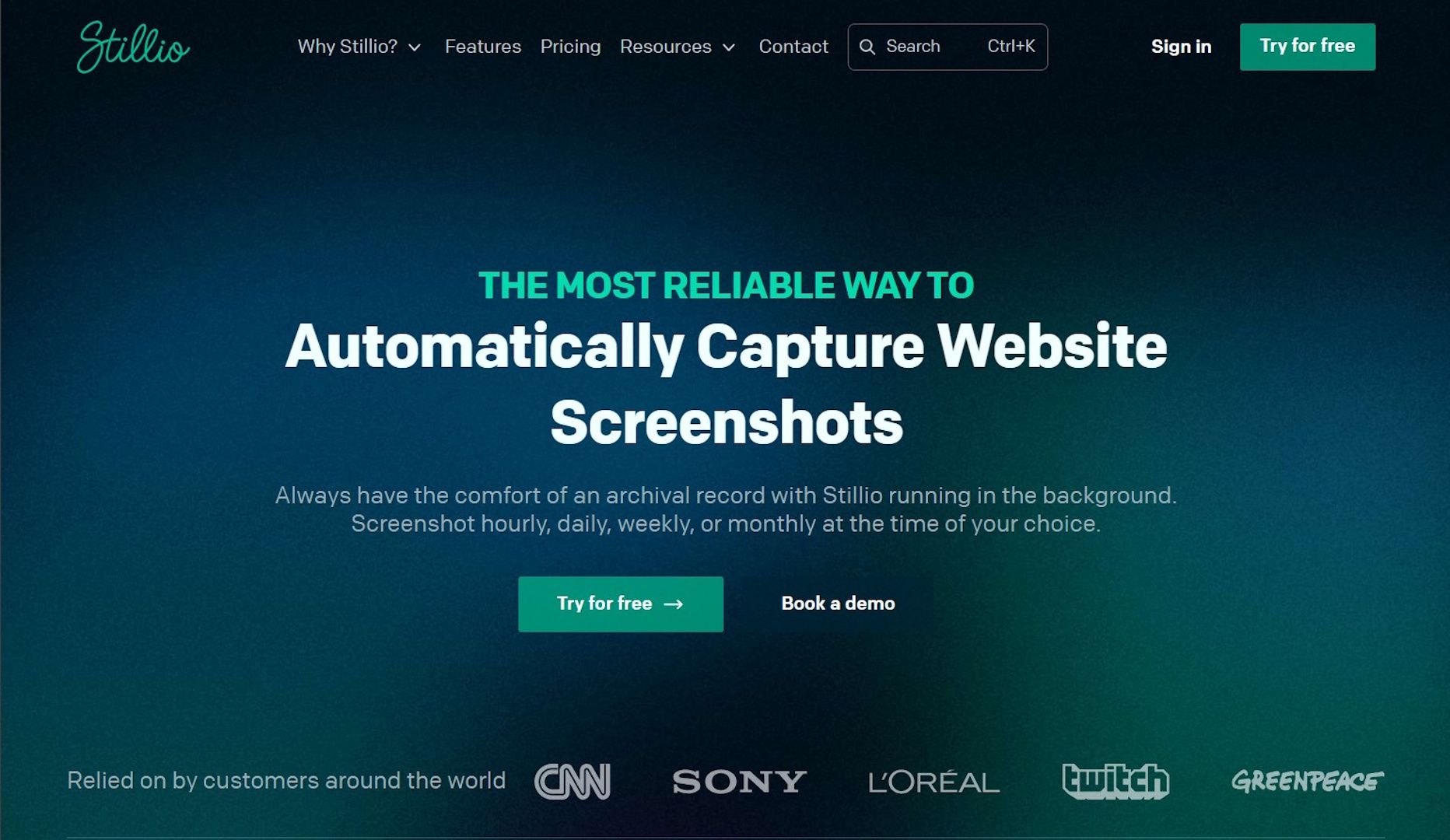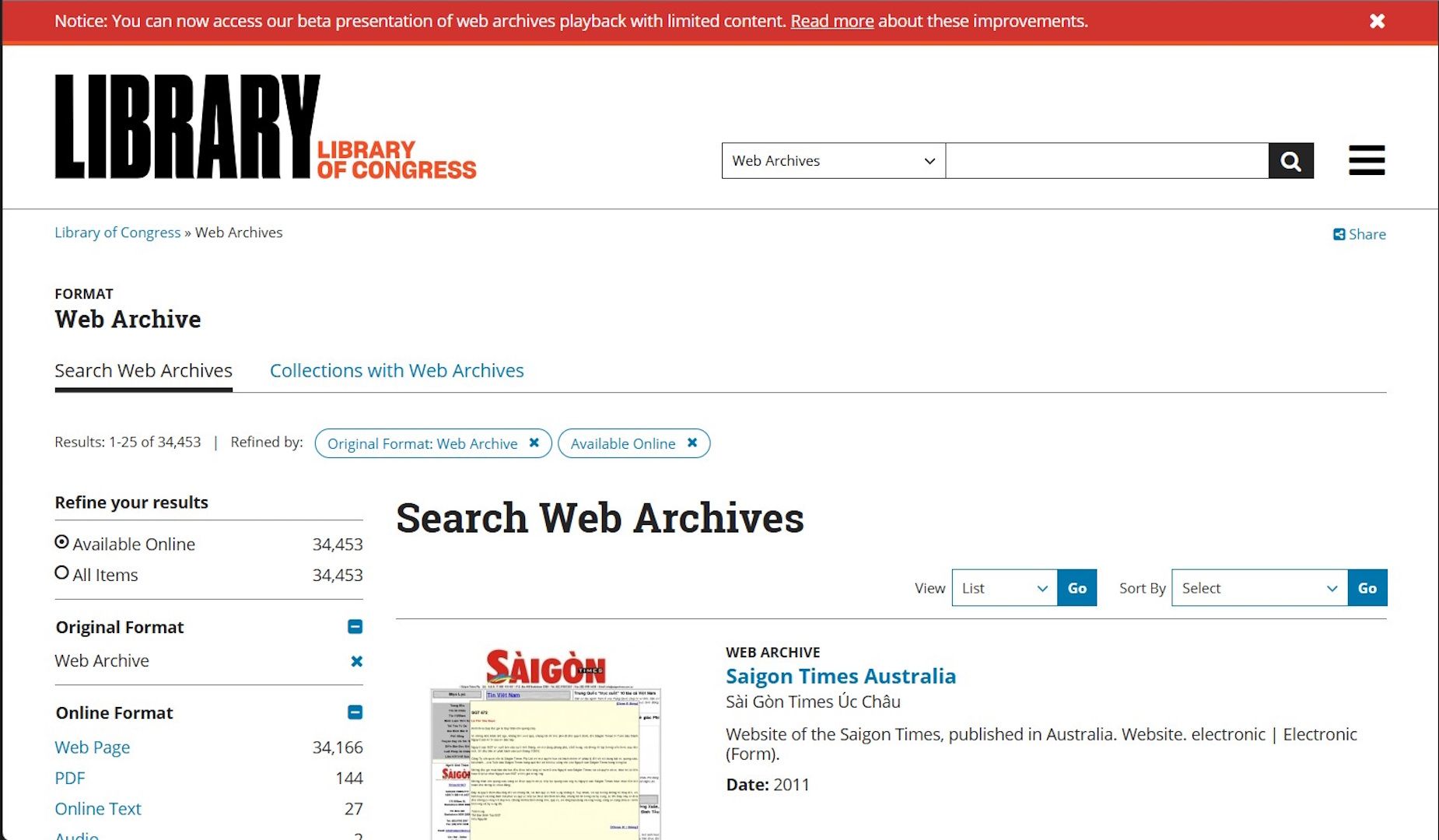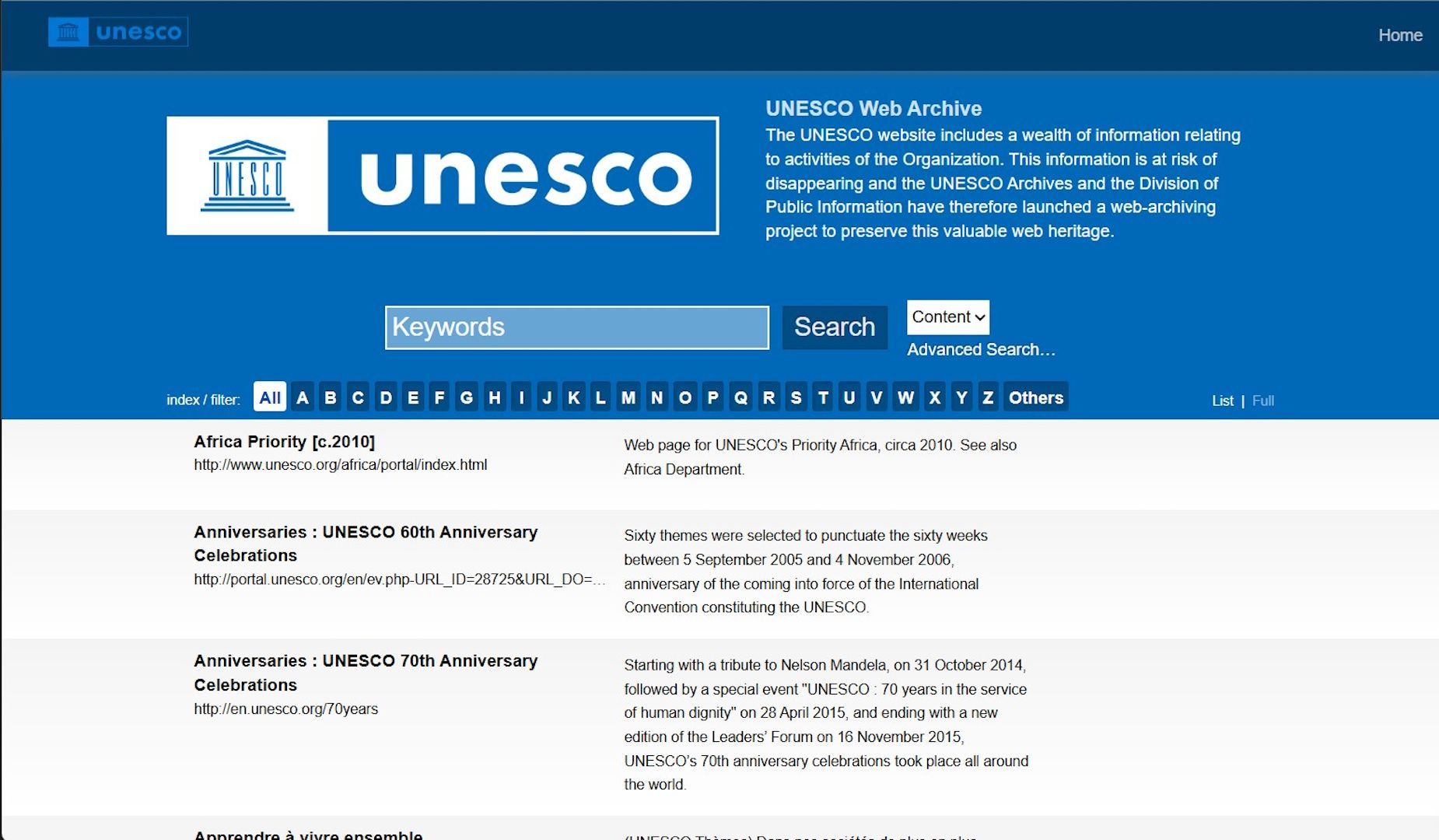Until recently, the Internet Archive has been my go-to wayback machine for accessing websites, documents, and files that are no longer available on their original sites. But lately, I’ve discovered some other sites that let you dig up old stuff in totally new ways. These are some of the best Internet Archive alternatives out there.
8
Archive.Today
Archive.Today is a modest, no-frills web archive tool that lets you save snapshots of any webpage that’s currently online. It then files these snapshots in its archives and serves them back on-demand, even if the original website no longer exists when you need it. Once something’s saved, it’s saved forever, and anyone can view those snapshots at any time.
There are a few search query formats you can use to get better results:
- example.com (for snapshots from the host example.com)
- *.example.com (for snapshots from example.com and all its subdomains like www.example.com)
- (for snapshots from the exact URL, note that search is case-sensitive)
- (for snapshots from URLs starting with
Archive.Today snapshots can’t be altered and don’t contain active elements or scripts, making them completely pop-up and malware-free. I also love that it directs you to other internet archive alternatives if it can’t find a webpage or resource you’re looking for.
7
Perma.cc
They say nothing lasts forever? Well, wait until you meet Perma.cc, another Internet Archive alternative site powered by the Harvard Library Innovation Labs at Harvard University. This tool is perfect for scholars, journals, courts, and anyone else who needs to preserve cited sources forever and prevent link rot. Think about your final year project from several years ago. Some of the links you cited are probably broken now, showing those dreaded 404 error pages.
If you’d saved them on Perma.cc, they’d still be accessible (not broken, dead, or rotten), even when the original page no longer exists. As the American Bar Association notes, some 20% of cited links become dead or inaccessible after just one year, and up to 50% after five years. The longer you wait, the worse it gets. This can seriously affect the integrity of your work or claims. You can prevent this with Perma.cc and make your cited sources become permanent, unalterable, and safe from link rot. This service isn’t free though. It starts from $10 a month for ten links after the free trial, a pretty good deal if you ask me.
6
WebCite
WebCite is another popular web archiving tool used by authors, editors, and publishers of scholarly works to save and reference linked sources. Like Perma.cc, it was designed to address the problem of link rot, where linked pages become obsolete, deleted, or replaced with something else like 404 error messages.
In the past, you could save links just like you would with Perma.cc, but that feature is no longer supported as of this writing. However, you can still search through its massive database of links and sources that have been previously saved to find and cite sources as needed. You can also rest assured knowing that the links and sources you cite will forever be available and unalterable–at least, as long as WebCite exists. WebCite has a simple interface, is easy to use, and is completely free.
5
Stillio
If you own a business and are looking for an easy way to capture webpages, either for competitive analysis or compliance purposes, Stillio is a fantastic option. Without Stillio, you’d probably have to manually grab screenshots of your competitors’ websites. But with this helpful tool, you can automate the whole process.
Stillio lets you grab screenshots at regular intervals, whether that’s hourly, daily, weekly, or monthly. Screenshots include proof of time, date, and URL with a timestamp. It captures full-size PNG screenshots of webpages so you’ll never miss a detail, then stores them in the cloud for easy retrieval whenever you need them. Even if those websites eventually disappear, you can always access their screenshots directly from your cloud storage platform like Dropbox, Google Drive, Zapier, and more.
Stillio subscriptions start at $29 a month with a 14-day free trial.
4
GitHub
GitHub is one of the most popular repositories for tech and development projects. I recently used it to host a fun and interactive personal project that I’m hoping to launch sometime soon. You can use GitHub to archive repositories, create and download source code archives, and join the GitHub Archive Program. Archiving a repository makes it read-only, including its issues, pull requests, code, labels, milestones, projects, wiki, releases, commits, tags, branches, reactions, code scanning alerts, comments, and permissions.
GitHub also allows you to create and download source code archives of repositories in ZIP and TAR.GZ formats as part of a release. This lets you download the code as it was originally or at any specific point in time, much like downloading a webpage snapshot from the Internet Archive. Just as the International Internet Preservation Consortium (IIPC) is committed to preserving information from the internet for future generations, the GitHub Archive Program is also committed to preserving open-source software for future generations. GitHub partners with organizations like the Software Heritage, the Long Now Foundation, and the Internet Archive to ensure that public repositories are backed up for coming generations.
To use these features, you’ll need to have a GitHub account to download source code archives. Also, you can only access the archived copies of your repositories in the warm storage via the GitHub Archive Program site. Code in the Arctic Code Vault and other cold storages isn’t accessible to the public.
3
Library of Congress Web Archives
If you’re interested in politics, governance, business, science, or anything for that matter, then the Library of Congress Web Archives might be right up your alley. This web archive is powered by the Library of Congress, the world’s largest library with millions of books, audio files, films, and videos. The Library of Congress Web Archives contains an expert-curated collection of webpages covering different fields across the globe.
You can search for key political figures, events, nations, scientific breakthroughs, or just scroll through and click on whatever catches your eye to learn more about it. Each archived result contains an “about” section with details about its collection period, frequency of collection, languages, acquisition information, and links to expert resources. You can listen to the content, download the audio, or watch a beta presentation of its web archives playback, which currently only shows limited content. It’s completely free to use and offers quite a rich learning experience.
2
UNESCO Web Archive
Smart individuals, businesses, and organizations understand the power of record keeping. That’s why they go to great lengths to collect data and preserve their heritage. One such organization is UNESCO, one of the UN’s most recognized agencies. If you want to learn more about what they’ve been up to, you should definitely check out the UNESCO Web Archive.
This specialized web archive contains a treasure trove of information regarding the activities and impacts of UNESCO across the globe. The UNESCO Archives and the Division of Public Information teamed up to create the UNESCO Web Archive. It lets you search for UNESCO-related information via search or by scrolling through the page. The UNESCO Web Archive is free to use and can be accessed from anywhere.
1
My Own Web Archive
This isn’t an Internet Archive-type site that you can use to access old websites via your browser. It’s my personal way of archiving webpages I want to reference in the future. It’s a simple process that you can easily replicate, and it costs me zero dollars to achieve. For my screenshots, I use the popular Windows Snipping Tool.
I simply create a folder in my Windows Explorer for the website I want to archive, then snip screenshots of it and save to the folder. And just like that, I have my own web archive on my device. If you want, you can upload it to your cloud storage apps like Google Drive or Dropbox.
Whether you’re scouting the web looking for the remains of your dead websites, trying to end link rot for the sources you cite, or exploring historic political events, these web archiving tools can help you find what you’re looking for. Use them to find anything on the web, but remember, even the mighty Internet Archive has been repeatedly breached. So be like me: create your personal web archive and keep a copy on your PC and in the cloud as backup.
